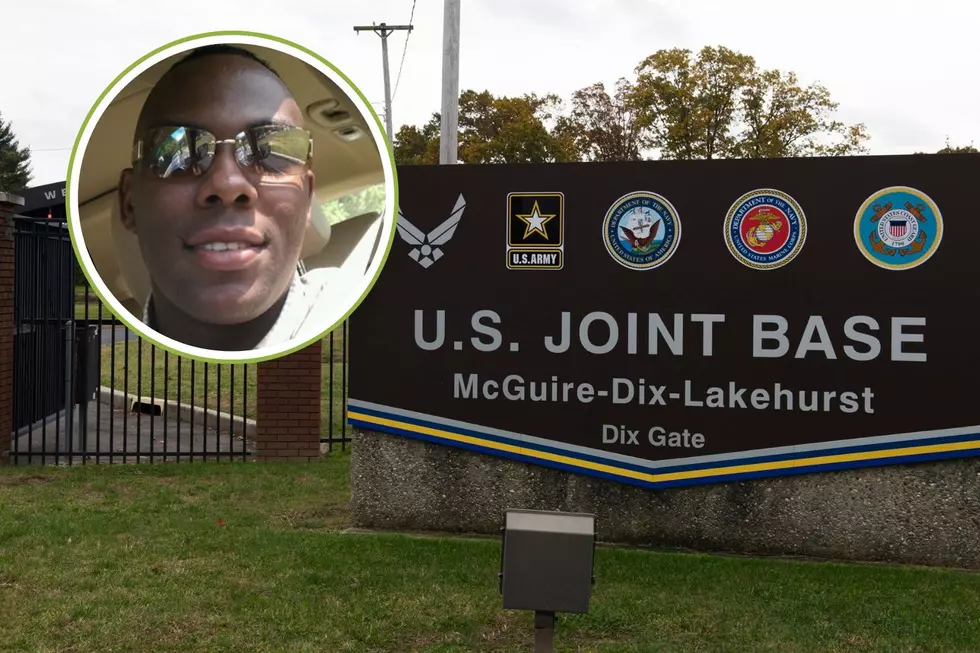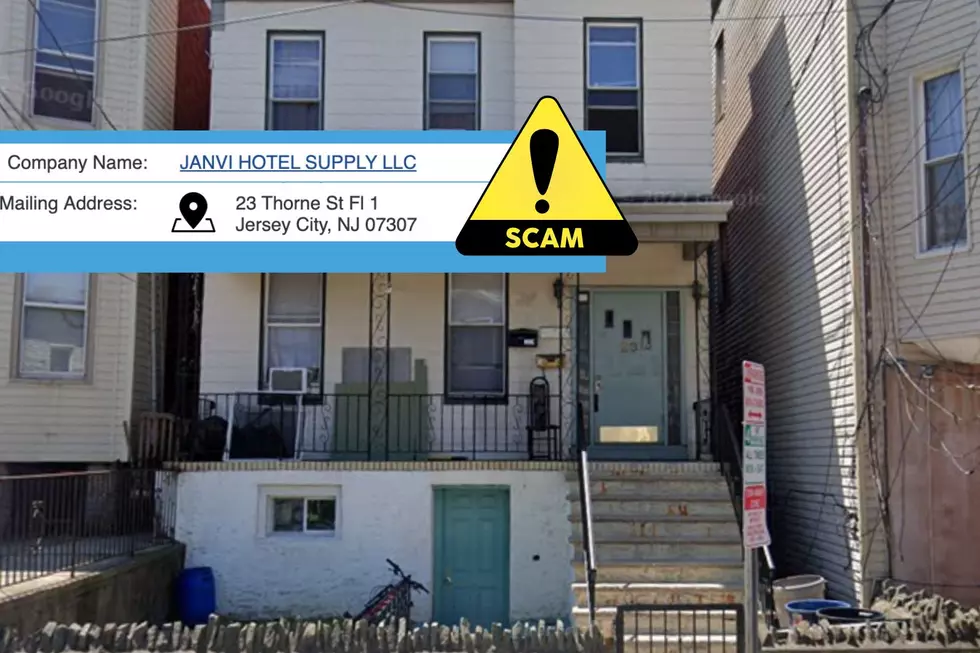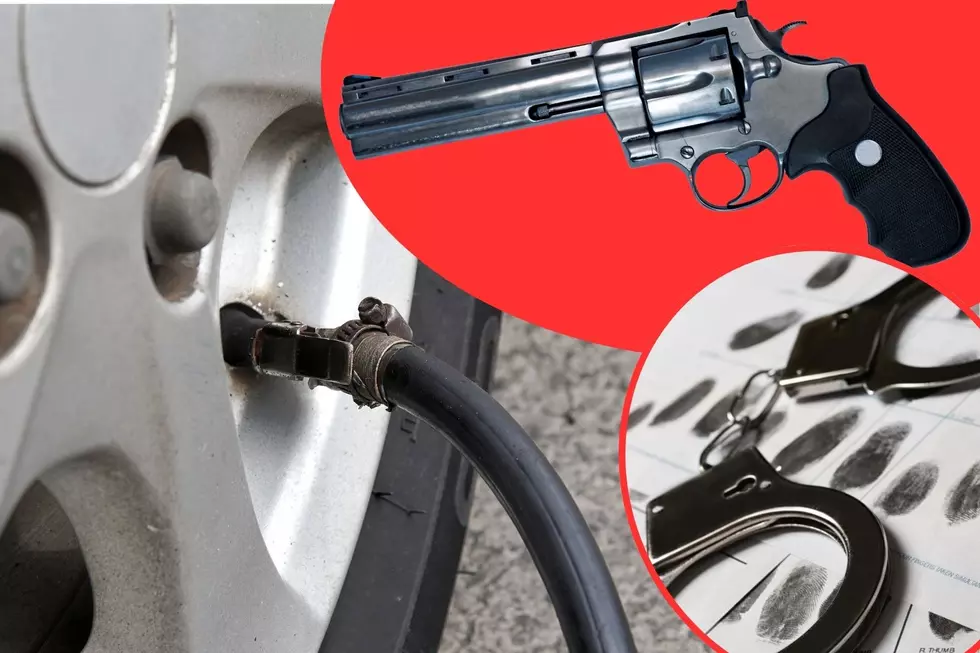
Convicted cop-killer won’t get out of prison just yet, NJ Supreme Court rules
A man convicted in the 1973 murder of a New Jersey State Police trooper cannot be released without another Parole Board hearing, the state Supreme Court ruled Tuesday.
Sundiata Acoli, 79, who was born Clark Edward Squire, has been in prison for more than three decades after Trooper Werner Foerster’s murder on the New Jersey Turnpike in East Brunswick. He had been ordered released by an appeals court, which ruled in 2014 a parole board ignored evidence favorable to Acoli and gave undue consideration to past events such as a probation violation decades before Foerster’s death.
Authorities say Acoli’s gun went off during a struggle with Foerster, who had responded as backup after another officer pulled over the car for a broken tail light. Chesimard shot Trooper James Harper, wounding him, then took Foerster’s gun and shot him twice in the head as he lay on the ground, authorities have said. For decades, activists have maintained the innocence of those in the car.
A third man in the car, James Costen, died from his injuries at the scene. Chesimard, who escaped from state prison in 1979, now goes by the name Assata Shakur and is now living in Cuba
Acoli has claimed he was grazed by a bullet and blacked out, and couldn’t remember the exact sequence of events.
The Supreme Court said the appellate court acted prematurely because a person convicted of first-degree murder would have to be ordered released by the full 15-member Parole Board. In this case, the full board only affirmed that a two-member panel hadn’t made errors in denying Acoli’s parole bid.
“That process in its totality requires a full hearing before the Parole Board on his suitability for parole release and shall permit the victims of Acoli’s criminal acts to be heard, if they wish, by the board prior to a decision on his parole,” said the court, in a ruling written by Justice Jaynee LaVecchia.
“The Appellate Division’s remedy missed a step by not remanding to the full board for a full hearing and assessment of Acoli’s suitability for parole release,” said the court. “We express no view on what the outcome of that full assessment should be. Whatever it shall be, there will be a right of appeal to the Appellate Division.”
“It makes little administrative sense to expect the full board to conduct the equivalent of a full board review for release of a convicted murderer whenever a two-member panel withholds parole. To convert every such appeal to a full-blown review would waste board personnel and fiscal resources,” the court said.
Acoli, a former member of the Black Panther Party and Black Liberation Army, was convicted in 1974 and sentenced to life plus 24 to 30 years in prison. His third parole denial, in 2010, led to the appellate ruling that found the Parole Board’s basis for denying Acoli’s release was arbitrary and capricious.
The Supreme Court ruled 4-1, with Justice Barry Albin dissenting. Two justices did not participate: Chief Justice Stuart Rabner and Justice Faustino Fernandez-Vina.
Albin commended what he called the “courageous appellate panel” for following the plain words of the parole laws and ordering Acoli’s release without a full hearing of the Parole Board. He said nothing in the law’s text supports the Supreme Court’s decision.
“The tortured interpretation of the statutory scheme creates a merry-go-round that will extend the incarceration of Acoli – but for no rational or just purpose,” Albin wrote in his dissenting opinion.
“Perhaps few will shed a tear that Acoli will spend more years in prison – without any legal justification – for the murder of a police officer,” Albin wrote. “But this case is about more than one individual. It is about the integrity of our justice system. The rule of law must apply even to the most disfavored member of society.”
Acoli is currently an inmate in the federal prison in Cumberland, Maryland.
A person convicted of killing a police officer today would not be eligible for parole, but that wasn’t the case in 1973.
Christopher Burgos, president of the State Troopers Fraternal Association of New Jersey, said the appellate court had gone “well beyond reason” in not returning the case to the full Parole Board.
“To have allowed this murderer to roam free, who to this day claims no knowledge of the heinous acts committed in 1973 … would have been a travesty of justice and another slap in the face to the law enforcement community and the victims of these crimes,” Burgos said.
Acoli still could be freed fairly soon. The state indicated that the full Parole Board will hear the matter within 45 days, said Acoli's attorney, Bruce Afran, who expects it will deny his parole. The case would then return to the appeals court that had already ordered Acoli's parole, and Afran said it probably would do the same within six months.
"The time has simply come, I think, for the state to recognize that as horrible as these events were -- and the loss of a trooper is a horrible event -- we have to accept that this man has been punished with the loss of almost all of his adult life in prison," Afran said. "The time has come to release him."
— Information from the Associated Press was used in this report
More From New Jersey 101.5 FM









